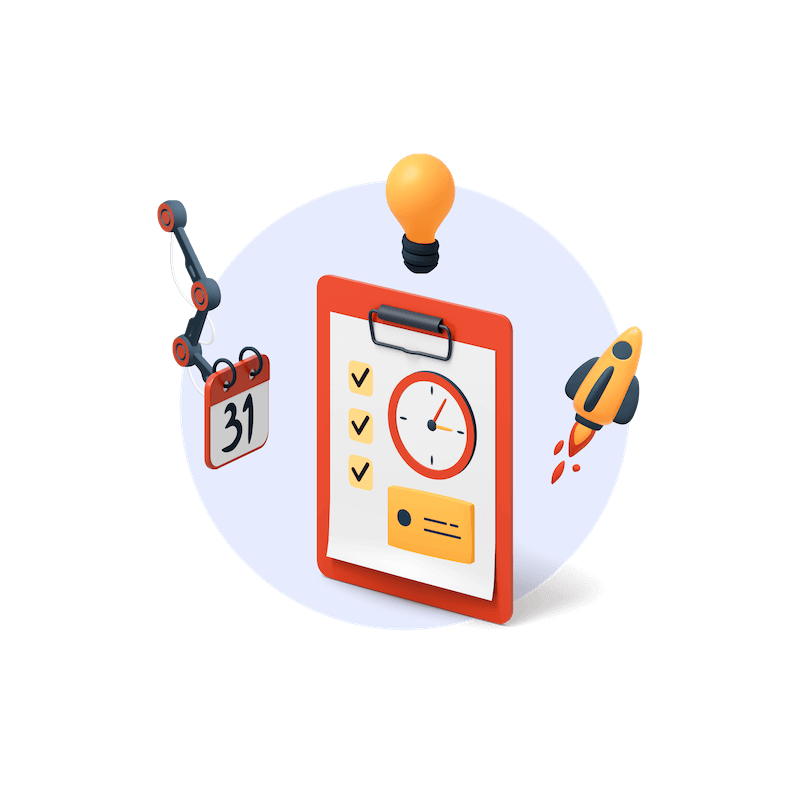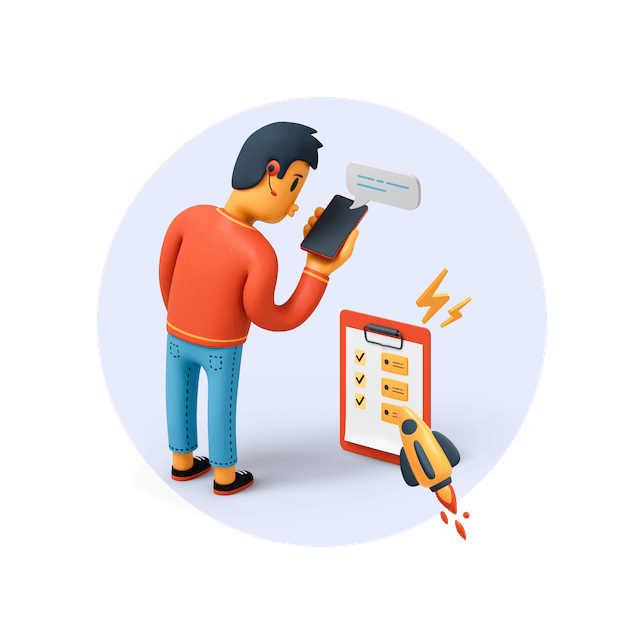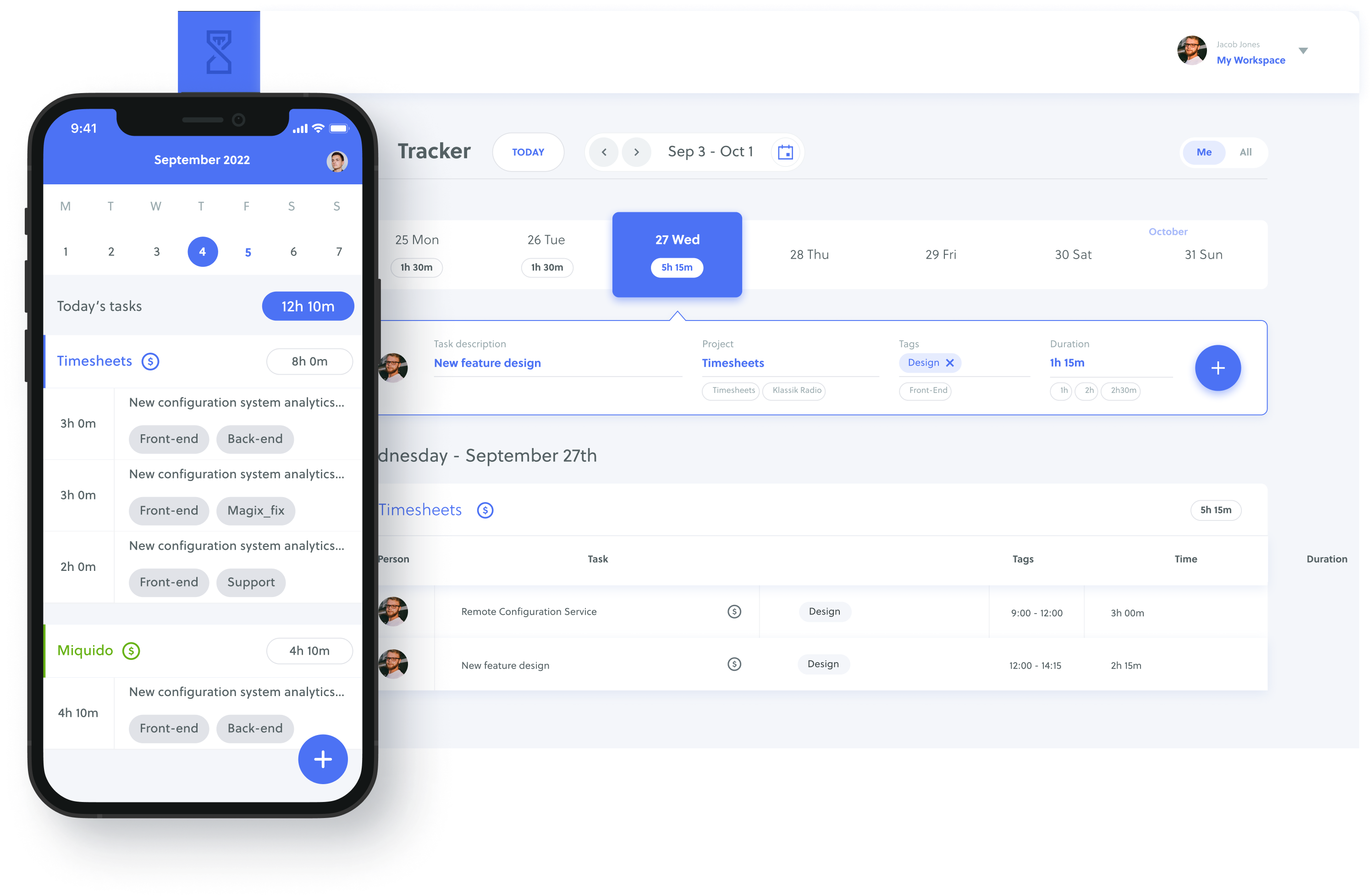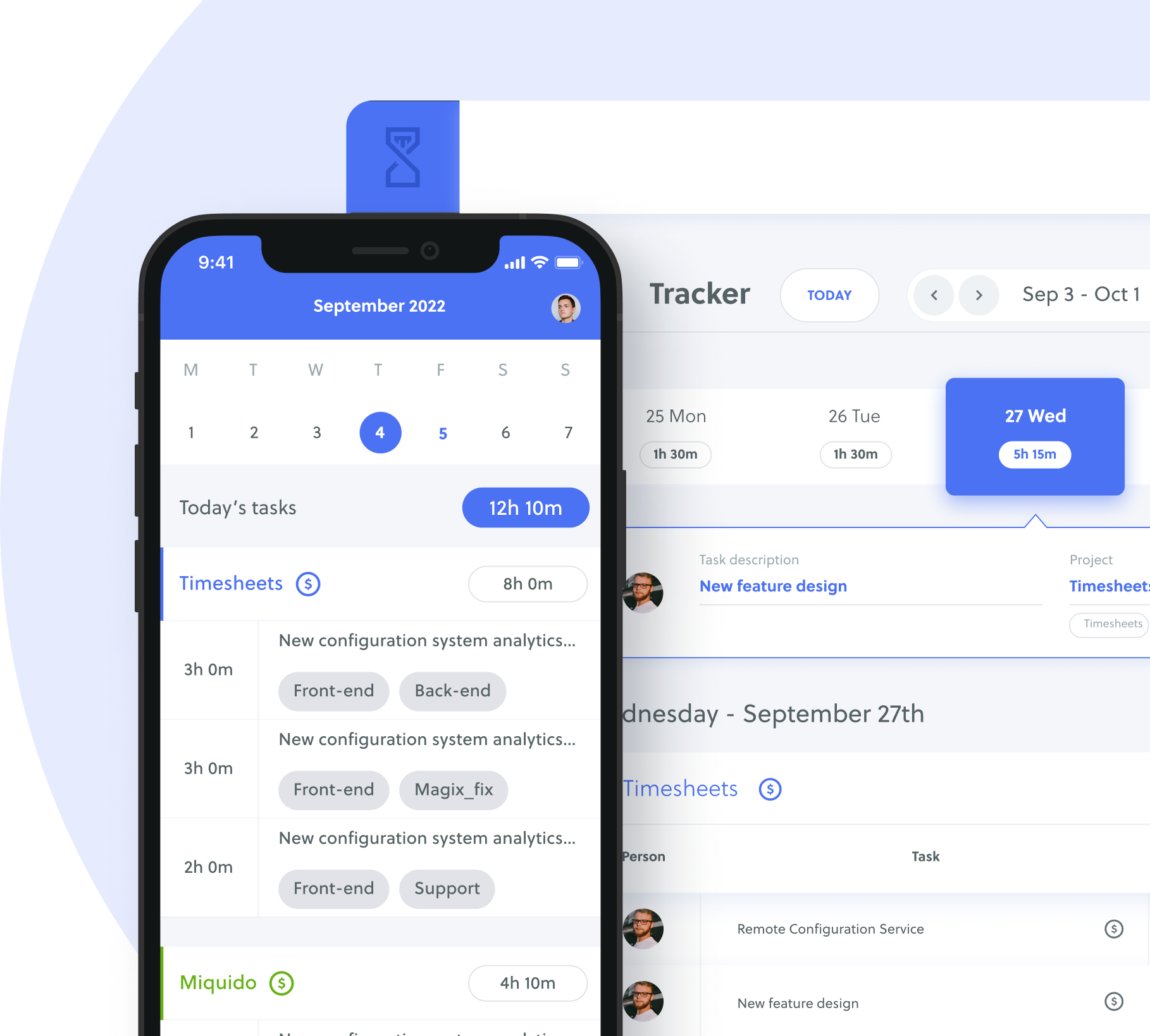When was the last time you checked your smartphone today? If you’re the average American, you’ve probably taken a peek in the last ten minutes.
There’s nothing bad about it. You are human—and humans have been conditioned to continuously check-in. You check in on work. You check in on the news. You check in on “friends” who are not even your real friends at all.
However, all that checking in does not come for free. It costs you your focus and productivity, not to mention it makes you less happy.

It’s easy to blame social media, but your mind’s addiction to Facebook or Instagram is not the only culprit. Workplace apps are equally dangerous. Communication channels such as Zoom, Teams, Slack, and email make it simple to collaborate on the fly, but they have also conditioned people to multitask.
But your brains do not like that. Every time you jump from one task to another, you cannot give a single task the total focus it deserves. You can’t get into that sweet spot of problem solving. As an alternative, you spend more of your time doing less work and end up feeling anxious, frustrated, and unhappy about it all.
What’s the answer to all those frustrations? Ditching chat apps and inboxes won’t happen. One solution you can do is to train yourself to concentrate on one task at a time, interruption and distraction-free.
Computer scientist and author Cal Newport calls that deep work, which could be the ultimate secret to happier and more productive work life.
Table of Contents
What is Deep Work?
Newport defines deep work as when you’re totally engaged, immersed, and focused on your selected project or area of study. You should be in a distraction-free place. He thinks this enhances our cognitive skills.
He also mentions shallow work. While not essentially bad, shallow work states are when you engage in activities that need trivial mental action and are often part of multitasking. Checking emails, getting sidetracked, then rechecking emails.
Given how connected the world we’re living in today has become, Newport thinks that getting into a deep work state is becoming more challenging and complicated. Yet, it is important once you learn how to perfect it.
Does Deep Work Matter?
According to Newport, deep work improves your capability to perfect complicated tasks and produce at a high level, both in speed and quality. He mentions that intentional concentration is the only way to learn and solidify a new, complex skill in the brain.
On top of that, switching between tasks is not as seamless as people think it is. Every time you switch from Task A to Task B, a residue of your attention stays on Task A, hindering your capability to concentrate completely on Task B. Thus, switching between tasks obstructs your cognitive function.
The advantages of deep work go beyond your professional roles. Completing more relevant tasks at work means a renewed sense of purpose substitutes for the dread of a daily grind.
In other words, deep work maximizes the satisfaction and meaning you will associate with your working life, as Newport writes.
How to Increase Concentration with the Deep Work Technique
Remember that you don’t fall into deep work. You should be intentional about it. Fortunately, there are a plethora of strategies and resources out there to help you master deep working.
Here are some strategies to help you get started:
1. Make “focus” your default mode
Make “offline” your default mode. But it must also involve preventing everything irrelevant to the work at hand. That must be your default to make the most out of time for deep work.
You can also set up blocks of time to answer messages and emails. Use website-blocking software to stop distractions and work offline if it is possible with your work.
2. Add some time pressure
You can enforce time limits on yourself to help intensify deep work. But they still must be within the realm of possibility.
For instance, implementing a smaller time window will force you to leverage deep focus to complete a task. Racing against the clock means you must stop distractions and use each strategy possible. You won’t feel defeated if you don’t finish it by making it still in a feasible time window.
3. Allow for deep thinking
Mindfulness is a beneficial practice, whether it’s self-improvement, play, or work. Too often, people cannot make room for it because their minds and bodies are busy.
Remember that you don’t need to completely go into a Zen meditation to help strengthen your deep work and increase concentration. You simply need to allow for deep thinking while the body is active.
Do you always love listening to music or podcasts while driving, cleaning, showering, or jogging? Instead, try to think about a professional issue or task at a deeper level to achieve clarity.
4. Play memory games
Another strategy that Newport suggests to prepare the mind for deep work is enhancing your memory. You can do that through different memory-strengthening exercises, such as memorizing words of a foreign language or learning a song or poem by heart.
5. Always plan
Advance organization and planning are vital to succeeding at deep work. Time will not just appear—you must include it in your schedule. Consider the meetings in your calendar.
Mark off blocks in your paper planner or shared digital calendar. You can also mark yourself busy in any instant messaging app your team employs. Close the door or put on your earphones. Stay focused outside of urgent messages or requests from your boss.
Protect all the boundaries you have built.
6. Commit an hour
You have received a book about a niche topic in your industry you cannot wait to read. There’s a backlog of training courses you wish to take that would benefit your work and improve your professional growth and development.
However, months pass by with everything untouched. If you do not make a change today, the time will continue to pass.
Commit to one hour per day or several hours to that thing that has been put on the back-burner. Leverage the resource time you have and jump in, interruption-free.
If you cannot plan an hour beforehand, be conscious of taking advantage of opportunities for deep work as they arise.
7. Limit or get rid of notifications
Newport also warns that making a habit of working amid disruptions is devastating to your performance, not to mention that continuous distractions to instant messaging, meetings, and emails are “depth-destroying.” In short, those tasks are the antithesis of participating in deep work.
Here are some tips to help you lessen or stop distractions:
- Replace online entertainment. Distance yourself from the internet and replace it with analog things like exercise or a book. That way, you make it less likely that you’ll succumb to the minefield of internet-connected distractions.
- Stay away from social media. This is probably the most obvious distraction to avoid. The algorithms of social media are made to hold your attention. It can be too easy to spend hours of pointless scrolling on Facebook or Instagram.
- Mindfully pick digital tools. You should take back your time with the tools you pick socially and professionally. Incorporating too many apps into your life means there are more avenues to be diverted.
8. Collaborate with your team
Be transparent with your team and manager as you change your approach to work. Discuss the importance of deep work and bring them into the process when necessary.
But what if your manager is still doubtful about your long scheduling periods of deep work into your calendar? Try to ask if you can try out the new technique for a month. Over time, your increased productivity levels and enhanced quality of work are likely to impress.
9. Get rid of shallow work in your life
Ultimately, you should eliminate as much shallow work from your life as possible. Make a calculated effort to lessen the tasks that leech time away from your day.
You can help yourself accomplish that by scheduling your day in a way that supports deep work. Moreover, you can limit your workday by integrating a shortened time limit.
Nonetheless, the most efficient way is to make yourself unavailable. Removing yourself from the temptation of intermittent communication allows you to help yourself to concentrate on the work more than being constantly distracted by Slack messages and emails.
But take note that it should be considered in the scheduling phase and communicated with your team, so they know you won’t be reachable during specific times.
Bottomline
Deep work is powerful but requires a change in habits and a massive transformation of thought. Harnessing the power of deep work depends on your acknowledgment that uninterrupted time is indistinguishably connected to your capacity for personal fulfillment and professional growth.
As with any new practice, you should adjust it to your life. There’s no one-size-fits-all model to the deep work technique. There will be only one way that works for you. After you find it, you will become unstoppable.







